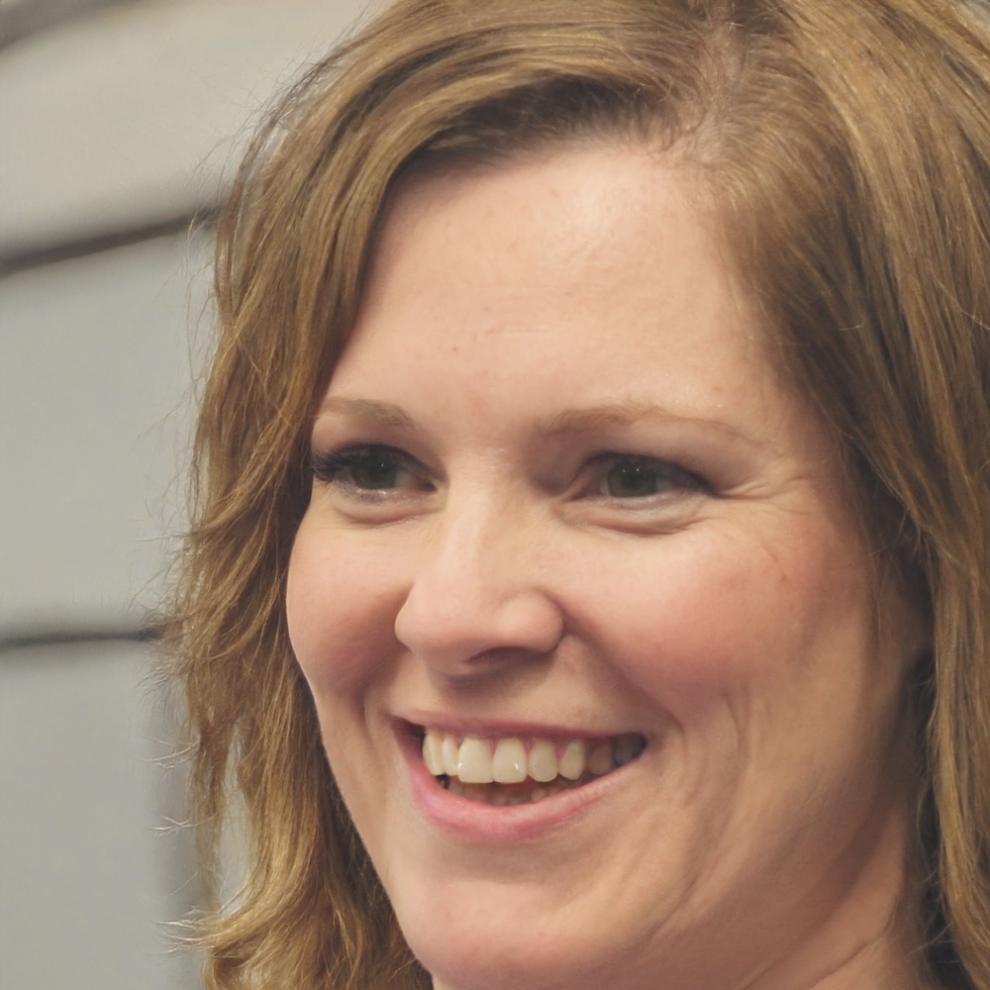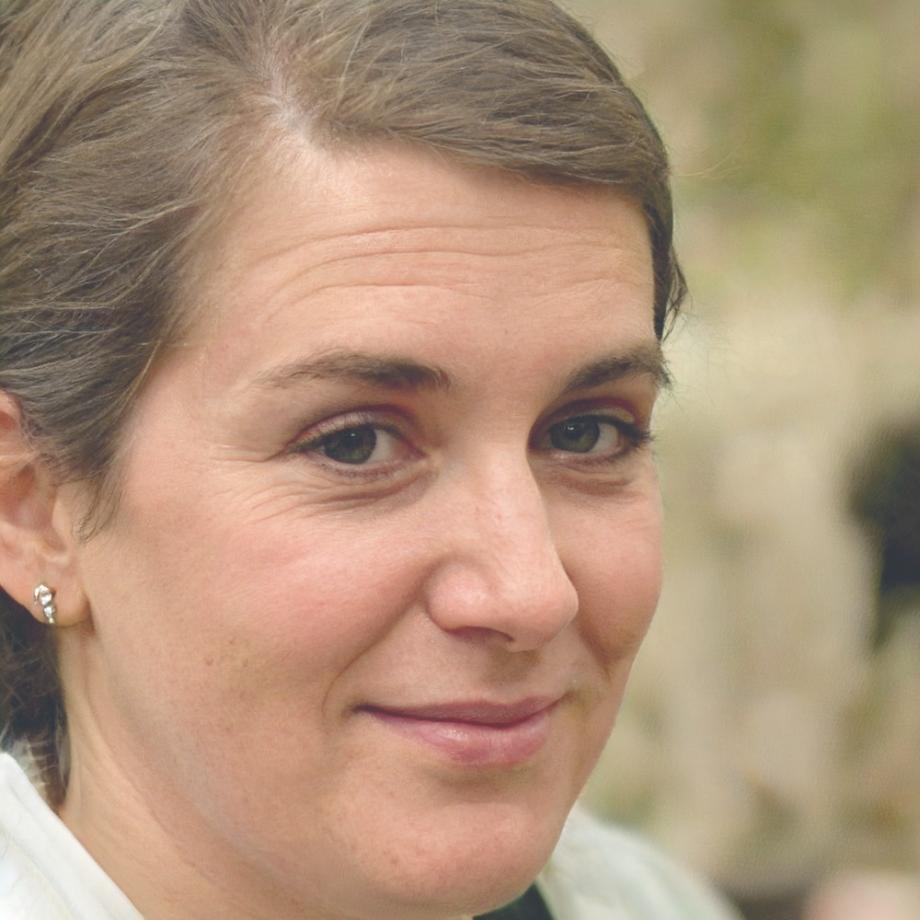Budget Planning That Actually Works
Most people set budgets and break them within weeks. We teach practical contingency planning that adapts to real life—because unexpected expenses will happen.
Our September 2025 program runs for eight weeks with small group sessions limited to twelve participants. You'll work through actual scenarios and build reserve systems that match your income patterns.
Register for September 2025
Built on Real Experience
We started these workshops in 2019 after seeing too many people give up on budgeting completely. Turns out the problem wasn't discipline—it was inflexible systems that couldn't handle reality.
Across Darwin, Alice Springs, and regional NT since 2019
Two-hour sessions with practical exercises and personalized feedback
Small cohorts ensure everyone gets individual attention

Rebecca Chen
Former financial counsellor who spent twelve years helping families recover from debt crises. Now teaches preventative planning instead.

Kara Simpson
Worked in banking for eight years before realizing most people needed better planning tools, not more credit products.
What You'll Actually Learn
This isn't about cutting out coffee or feeling guilty. We focus on building flexible systems that accommodate irregular income, seasonal expenses, and those inevitable surprises that wreck traditional budgets.
Weeks 1-2: Income Pattern Analysis
6 hours totalMost budgeting advice assumes steady income. If yours varies by season, client work, or shift availability, we'll map your actual patterns and build around them.
Weeks 3-4: Reserve System Design
6 hours totalCar repairs, medical bills, school costs—these aren't emergencies, they're predictable irregulars. You'll create category-specific reserves so these expenses don't crater your budget.
Weeks 5-6: Scenario Testing
6 hours totalWe throw realistic problems at your budget—income drops, unexpected expenses, timing mismatches. You'll adjust your plan in real time and see what actually breaks versus what holds.
Weeks 7-8: Implementation and Review
6 hours totalTheory means nothing if you can't stick with it. Final sessions focus on habit formation, tool selection, and troubleshooting the specific obstacles you'll face.